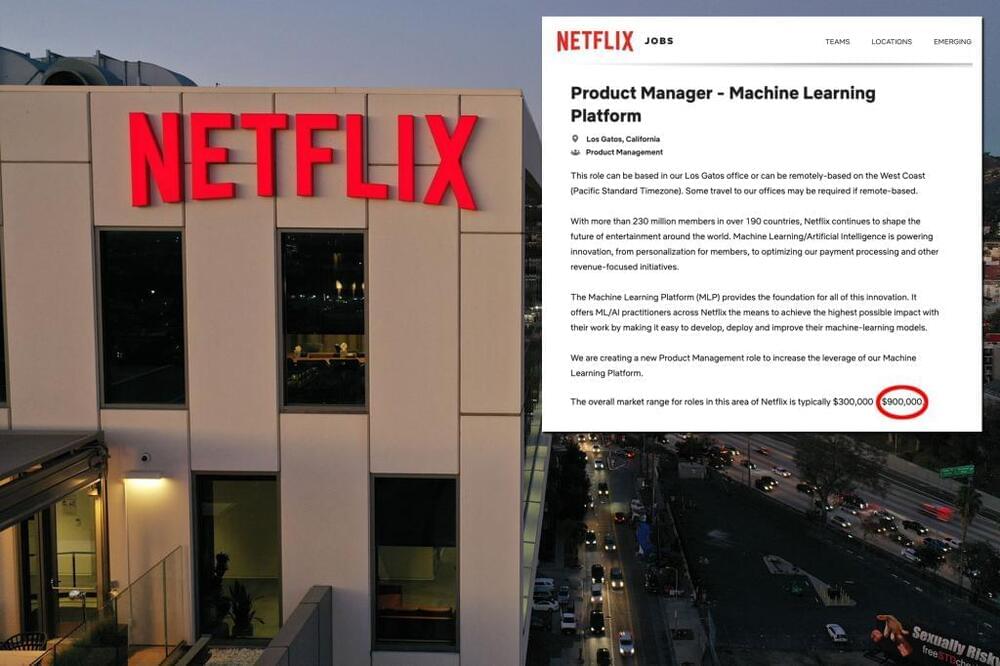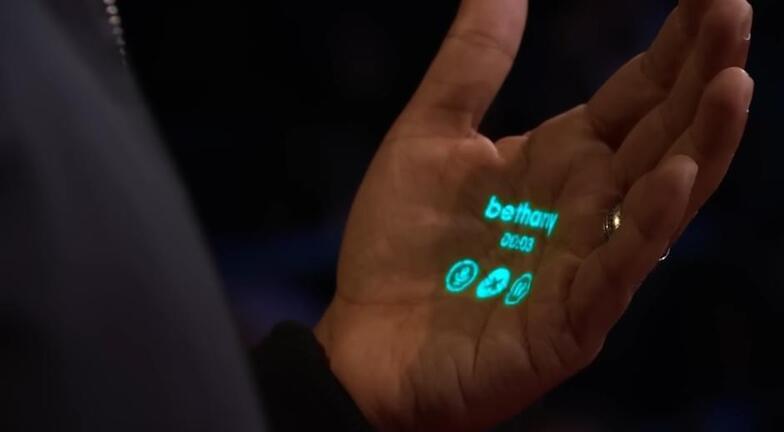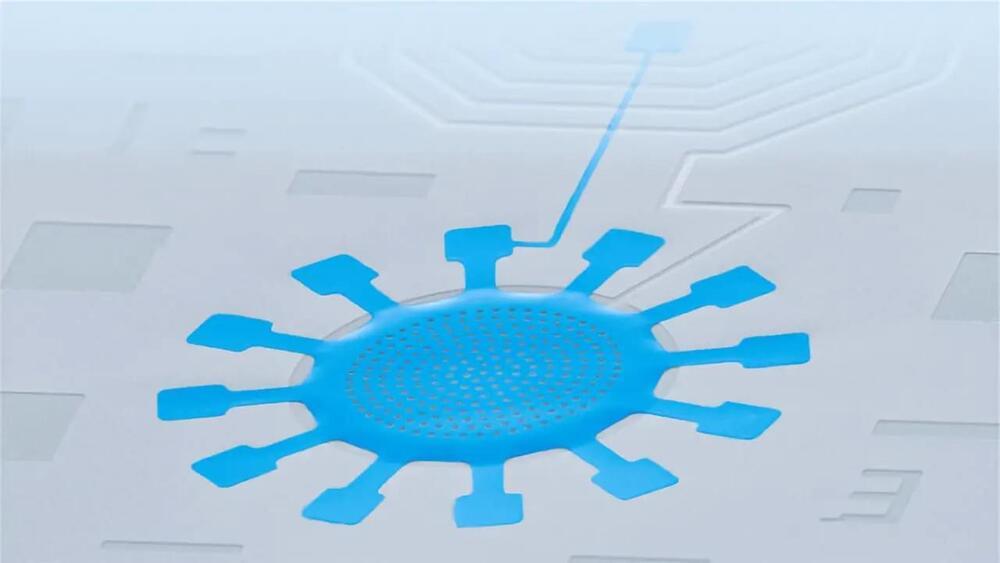The transformative power of technology cannot be denied. From the printing press to the internet, every new innovation brings about a world of possibilities. But with the good news come challenges, and the rise of generative artificial intelligence is no different.
Generative AI, with its profound capability to produce almost any piece of content, from articles to photos and videos, can fundamentally reshape our online experience. But as this technology grows more sophisticated, a crucial question emerges: Is generative AI undermining the very foundation of the internet?
Explore the astonishing capabilities of generative AI as it blurs the lines between reality and digital deception, and discover the urgent race to safeguard the truth.









